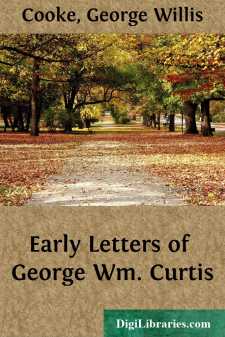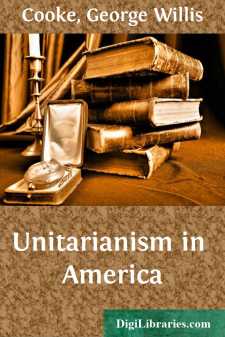Categories
- Antiques & Collectibles 13
- Architecture 36
- Art 48
- Bibles 22
- Biography & Autobiography 816
- Body, Mind & Spirit 145
- Business & Economics 28
- Children's Books 17
- Children's Fiction 14
- Computers 4
- Cooking 94
- Crafts & Hobbies 4
- Drama 346
- Education 58
- Family & Relationships 59
- Fiction 11834
- Foreign Language Study 3
- Games 19
- Gardening 17
- Health & Fitness 34
- History 1378
- House & Home 1
- Humor 147
- Juvenile Fiction 1873
- Juvenile Nonfiction 202
- Language Arts & Disciplines 89
- Law 16
- Literary Collections 686
- Literary Criticism 179
- Mathematics 13
- Medical 41
- Music 40
- Nature 179
- Non-Classifiable 1768
- Performing Arts 7
- Periodicals 1453
- Philosophy 66
- Photography 2
- Poetry 897
- Political Science 203
- Psychology 45
- Reference 154
- Religion 516
- Science 126
- Self-Help 85
- Social Science 82
- Sports & Recreation 34
- Study Aids 3
- Technology & Engineering 59
- Transportation 23
- Travel 463
- True Crime 29
Our website is made possible by displaying online advertisements to our visitors.
Please consider supporting us by disabling your ad blocker.
Early Letters of George Wm. Curtis
Description:
Excerpt
EARLY LIFE AT BROOK FARM AND CONCORD
George William Curtis was born in Providence, February 24, 1824. From the age of six to eleven he was in the school of C.W. Greene at Jamaica Plain, and then, until he was fifteen, attended school in Providence. His brother Burrill, two years older, was his inseparable companion, and they were strongly attached to each other. About 1835 Curtis came under the influence of Ralph Waldo Emerson, who was heard by him in Providence, and who commanded his boyish admiration. Burrill Curtis has said of this interest of himself and his brother that it proved to be the cardinal event of their youth; and what this experience was he has described.
"I still recall," he says, "the impressions produced by Emerson's delivery of his address on 'The Over-Soul' in Mr. Hartshorn's school-room in Providence. He seemed to speak as an inhabitant of heaven, and with the inspiration and authority of a prophet. Although a large part of the matter of that discourse, when reduced to its lowest terms, does not greatly differ from the commonplaces of piety and religion, yet its form and its tone were so fresh and vivid that they made the matter also seem to be uttered for the first time, and to be a direct outcome from the inmost source of the highest truth. We heard Emerson lecture frequently, and made his personal acquaintance. My enthusiastic admiration of him and his writings soon mounted to a high and intense hero-worship, which, when it subsided, seems to have left me ever since incapable of attaching myself as a follower to any other man. How far George shared such feelings, if at all, I cannot precisely say; but he so far shared my enthusiastic admiration as to be led a willing captive to Emerson's attractions, and to the incidental attractions of the movement of which he was the head; and Emerson always continued to command from us both the sincerest reverence and homage."
Burrill went so far as to discontinue the use of money and animal food; both the brothers discarded the conventional costumes in matters of dress, and their interest was enlisted in the reforms of the day. The family removed to New York in 1839, George studied at home with tutors, and was an attendant at the church of Dr. Orville Dewey.
I
The warm and active interest of the brothers in the Transcendental movement, in all its phases, led them to propose to their father that he permit them to attend the school connected with the Brook Farm Association. Permission having been granted, they became boarders there in the spring or summer of 1842. At no time were they members of the association, and they paid for their board and tuition as they would have done at any seminary or college.
At this time the Brook Farm Association had two sources of income—the farm of about two hundred acres, and the school which was carried on in connection therewith. In fact, the school was more largely profitable than the farm, and was for a time well patronized by those who were in general sympathy with the leaders of the association....




